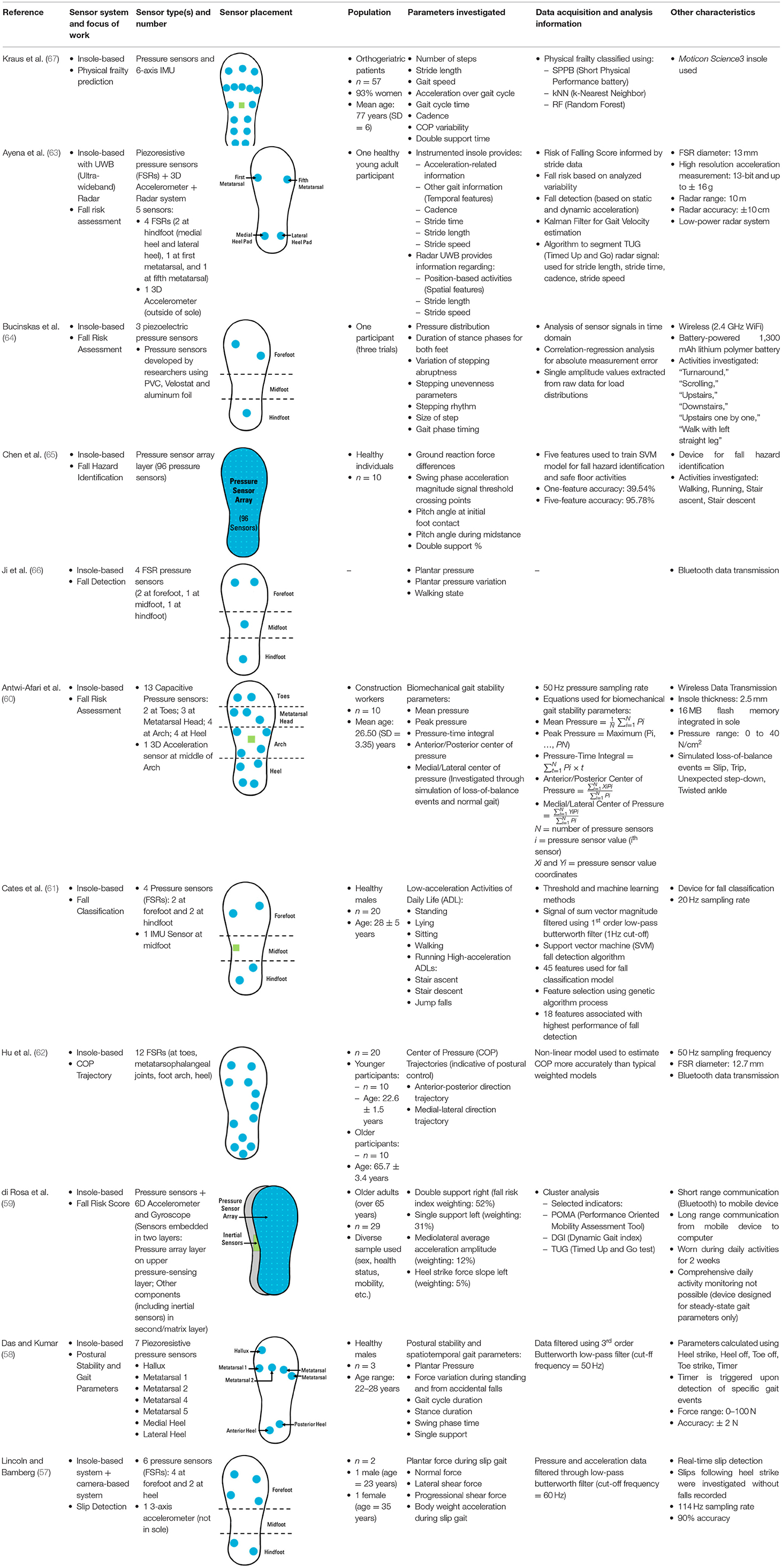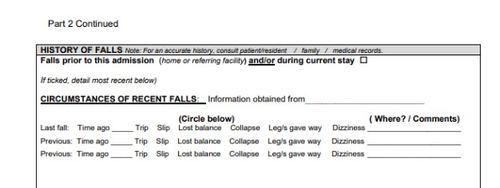Dementia Fall Risk for Beginners
Dementia Fall Risk for Beginners
Blog Article
Excitement About Dementia Fall Risk
Table of ContentsThe Ultimate Guide To Dementia Fall RiskThe Best Strategy To Use For Dementia Fall RiskDementia Fall Risk for BeginnersSome Known Details About Dementia Fall Risk Some Ideas on Dementia Fall Risk You Should Know
The FRAT has three areas: drop risk condition, threat factor checklist, and activity strategy. A Loss Risk Condition consists of information regarding background of current drops, medications, mental and cognitive condition of the person - Dementia Fall Risk.If the client ratings on a danger variable, the corresponding number of points are counted to the client's loss risk rating in package to the much best. If an individual's loss threat score totals five or higher, the person is at high risk for falls. If the patient scores only four points or reduced, they are still at some risk of falling, and the registered nurse should use their best medical evaluation to manage all fall risk elements as part of a holistic treatment strategy.
These standard methods, in basic, help establish a secure setting that decreases unexpected drops and delineates core preventive procedures for all people. Signs are important for individuals at threat for drops.
Dementia Fall Risk Fundamentals Explained
For instance, wristbands need to consist of the person's last and initial name, day of birth, and NHS number in the UK. Details need to be printed/written in black versus a white background. Only red shade needs to be made use of to indicate special patient standing. These referrals follow present advancements in client identification (Sevdalis et al., 2009).
Items that are also much may need the client to connect or ambulate unnecessarily and can possibly be a danger or contribute to drops. Helps protect against the individual from going out of bed without any kind of support. Registered nurses react to fallers' telephone call lights quicker than they do to lights started by non-fallers.
Aesthetic problems can significantly trigger drops. Maintaining the beds closer to the floor decreases the danger of drops and significant injury. Placing the mattress on the floor substantially lowers fall risk in some health care settings.
The Best Guide To Dementia Fall Risk
Clients who are tall and with weak leg muscular tissues that try to rest on the bed from a standing position are most likely to drop onto the bed since it's too reduced for them to decrease themselves safely. Likewise, if a tall person efforts to stand up from a low bed without aid, i was reading this the person is most likely to fall back down onto the bed or miss out on the bed and drop onto the floor.
They're designed to advertise timely rescue, not to protect against falls from bed. Apart from bed alarms, boosted supervision for high-risk go right here people also might help stop drops.

Clients with an evasion stride increase fall possibilities drastically. To lower fall risk, shoes must be with a little to no heel, slim soles with slip-resistant tread, and support the ankles. Recommend individual to use nonskid socks to avoid the feet from moving upon standing. Nonetheless, encourage people to use proper, well-fitting shoesnot nonskid socks for motion.
Dementia Fall Risk for Dummies
In a research study, homes with ample lighting record less falls (Ramulu et al., 2021). Renovation in lighting at home may lower fall prices in older grownups.

Caretakers are efficient for ensuring a safe, secured, and safe environment. Nonetheless, researches showed extremely low-certainty evidence that sitters reduce loss threat in severe treatment medical facilities and only moderate-certainty that options like video clip surveillance can lower caretaker usage without raising fall risk, suggesting that caretakers are not as valuable as at first thought (Greely et al., 2020).
Getting My Dementia Fall Risk To Work

Raised physical fitness lowers the risk for drops and limits injury that is received when autumn takes place. Land and water-based workout programs might be similarly advantageous on equilibrium and stride and consequently reduce the danger for falls. Water exercise might add a favorable advantage on balance and gait for females 65 years and older.
Chair Rise Workout is a straightforward sit-to-stand exercise that helps enhance the muscle mass in the thighs and butts and improves wheelchair and independence. The goal is to do Chair Rise workouts without making use of hands as the client ends up being more powerful. See resources area for an in-depth direction on just how to carry out Chair Increase workout.
Report this page